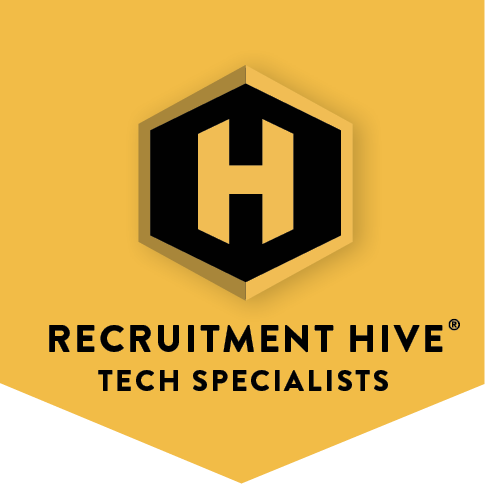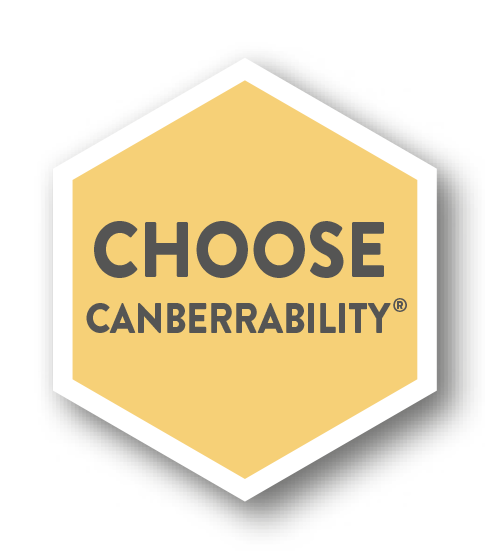By Ben Ashman, Founder, Recruitment Hive
1. Ten second survivability
Whether it’s being read by a hiring manager or a recruiter, your resume needs to convey the following key things within 10 seconds without the reader actually having to do any reading:
• Your established career niche;
• An overview of the chronology of your career (narrative of your career);
• Tertiary and professional qualifications.
If a decision maker has needs to consider; 10, 50, 100 application resumes for a position, their initial read (scan for 10 seconds) of a resume will be very cursory. They probably won’t actually read anything. What they will be doing is asking themselves:
1. Is this person currently working in a (very) similar position to the one I am seeking to hire for?
2. How long has this person being working in a similar position?
3. Does this person have good tenure in positions?
4. What sort of relevant qualifications does this person hold?
If a decision maker can draw an affirmative conclusion to each of these points, a resume may graduate into the shortlist.
TIP: Within the first two pages of your resume, don’t use multiple long paragraphs of writing. Instead, use separate tables to convey key information such as:
2. Education and qualifications;
3. Employment summary (listing company, title, dates and nothing else);
4. Skills matrix (listing skills, last used and competency self-rating).
Focus on making it easy for a decision maker to get a strong understanding of what you do, how long you’ve done it for and the qualifications you have.
2. Worthy of a deep dive?
Now your resume has been promoted to the shortlist, it has to have some depth. The first few pages allow a decision maker to see that you are worthy of the shortlist just by briefly scanning information in tables.
To move from the shortlist pile to actually winning you an interview your resume now needs to allow the decision maker to discover more about your professional experience and capabilities.
Many opinions exist on an appropriate length to a resume. Some “experts” say no more than three pages others say no less than seven. I feel about five pages is about right. In fact, many of our Federal Government Clients insist on not receiving resumes longer than five pages.
Your resume needs to explain what you have actually achieved in each position. The information does not need to be extensive. Mention the industry that each position was in as this is of interest to future employers. Describe the type of projects and what their intended outcomes were. Were you managing or supervising people, how many, was there a budget your where responsible for, targets, outcomes, delivery?
3. A clear statement of your career niche and current position goal
It is important to include, right at the start of your resume a clear, short statement that shouts out what you are and what you want. If I was to write one for my resume I might write:
“I’m a fire breathing ICT recruitment demi-god with 20 years Federal Government ICT contracting recruitment experience. I am seeking an opportunity that will allow me to continue to grow within my recruitment industry career.”
4. Fact not fluff
As a recruiter I totally ignore subjective information. If a resume states: “I am a really good project manager”, I don’t even bother wondering if I should believe such a statement. I need to read something along the lines of: “While at company X, I was responsible for project Y that had a budget of $100m and 50 direct reports. Despite a difficult stakeholder and governance environment the project was delivered 3 weeks ahead of schedule at a 10% reduced budget”.
I’ll pay even more attention if senior referees for Company X are included within the resume.
5. Clearly defined professional niche
To have a successful career whereby new position opportunities are available, you need to develop and establish a career niche. A resume that shows a person was a Business Analyst in one role, a Tester in another and a Project Manager in yet another will generally not even make it to a short list. If a decision maker is looking to hire a Business Analyst, they will only shortlist applicants that are obviously established Business Analyst’s. People who for many years, role after role, have been delivering Business Analyst capabilities.
Of course careers can progress from one niche to another, but they need to change in a consistent, developing direction, rather than in a haphazard direction that indicates someone doesn’t have a strong, established career niche.
6. Strong tenure. I repeat – strong tenure.
You could have had ten jobs as a Solutions Architect, hold a PhD and be certified up the warzu, but if you can’t hold a job for 18 – 36 months then forget getting into the shortlist or winning an interview. It is vitally important that your resume can demonstrate your previous employers considered you a valuable member of the team. As an ICT contractor, your resume needs to show that a client has extended your contract, several times if possible. This is not something that you can simply adjust on your resume, you actually have to stay in one job for a while and you have to actually get extended in your contract.
As a (good) recruiter, once I have ticked off that a resume, established the applicant conveys a consolidate career niche and strong qualifications the next biggest determining factor is tenure.
Before leaving any job you should ask yourself how this will make my resume look in terms of strong tenure. If you have only had recent short engagements stick around a little longer so as your resume can convey strong tenure in the future.
7. Passion for your profession
Every recruitment decision maker wants to see passion, it’s one of the biggest things employers ask recruiters to find in ICT contractors.
What is it and how do you convey it on a resume?
Passion, in regards to careers, is probably best described as the willingness of someone to pursue information and personal growth for its own sake, outside of any monetary or other kind of reward.
People who aren’t passionate go home and watch TV, people who are passionate go home and keep thinking about that work problem that needs to be solved, or sate their hunger to learn that new technology that everyone’s talking about.
To show passion on a resume is not difficult. If I am receiving applications for a .NET Developer contract and one resume has a section with a heading” “Personal Projects” with a whole bunch of URLs listed or a link to a GitHub account then I know I am looking at a passionate developer.
Always include any personal projects within your resume (early on – not tucked away at the end), any work that you do that is not paid, but directly relates to your career niche.
Even include a reading list, or pod cast list that you have used to expand your knowledge in your chosen field.
If you can demonstrate passion for your chosen career niche then you are vastly more likely to win an interview.
8. Interests
Don’t spend lots of words here, but it is true that people hire people like them. If you love golf, guitar and soccer, then list it. If the decision maker has the same interests then it could help you more than that master degree you sweated through.
You might even want to check the decision makers LinkedIN or Facebook profile out and see which of your interests might be best listed on your resume.
9. A photo
A photo turns a piece of paper into a human being. Any empathy within a decision maker that you can garner from a resume is worth it. You may not be that attractive, or young, or experienced, but you are you and the ability to see you will automatically draw more attention from the decision maker to the resume.
It will also convey to the decision maker that can present yourself well, which is no small thing.

10. A Video
Recording a 30 second video, uploading it to YouTube, pasting the link URL in your resume provides the decision maker a chance to experience you.
Many people would be reluctant to do this, but the affect can be huge.
Most people are offered a position, or not, on the very basic question of: “Could I work with this person for eight hours a day”.
If you have embedded a 20 second video within your resume, you immediately stand out as someone who is innovative and confident, and this is even before the video is viewed by the decision maker!
All the video needs to be is you in your best work clothes, clean and well groomed, using front lighting and featuring twenty seconds of you simply saying who you are, what you like to do and what you hope for in a new position.
What you say is not really important (and definitely don’t get into the nitty gritty of anything), all that is important is the decision maker thinks: “Yeah, I could work with this person for 8 hours each day”.
They will make that judgment based on your smile, eye contact (with the camera), your clear communication, and ultimately….your normalness.





